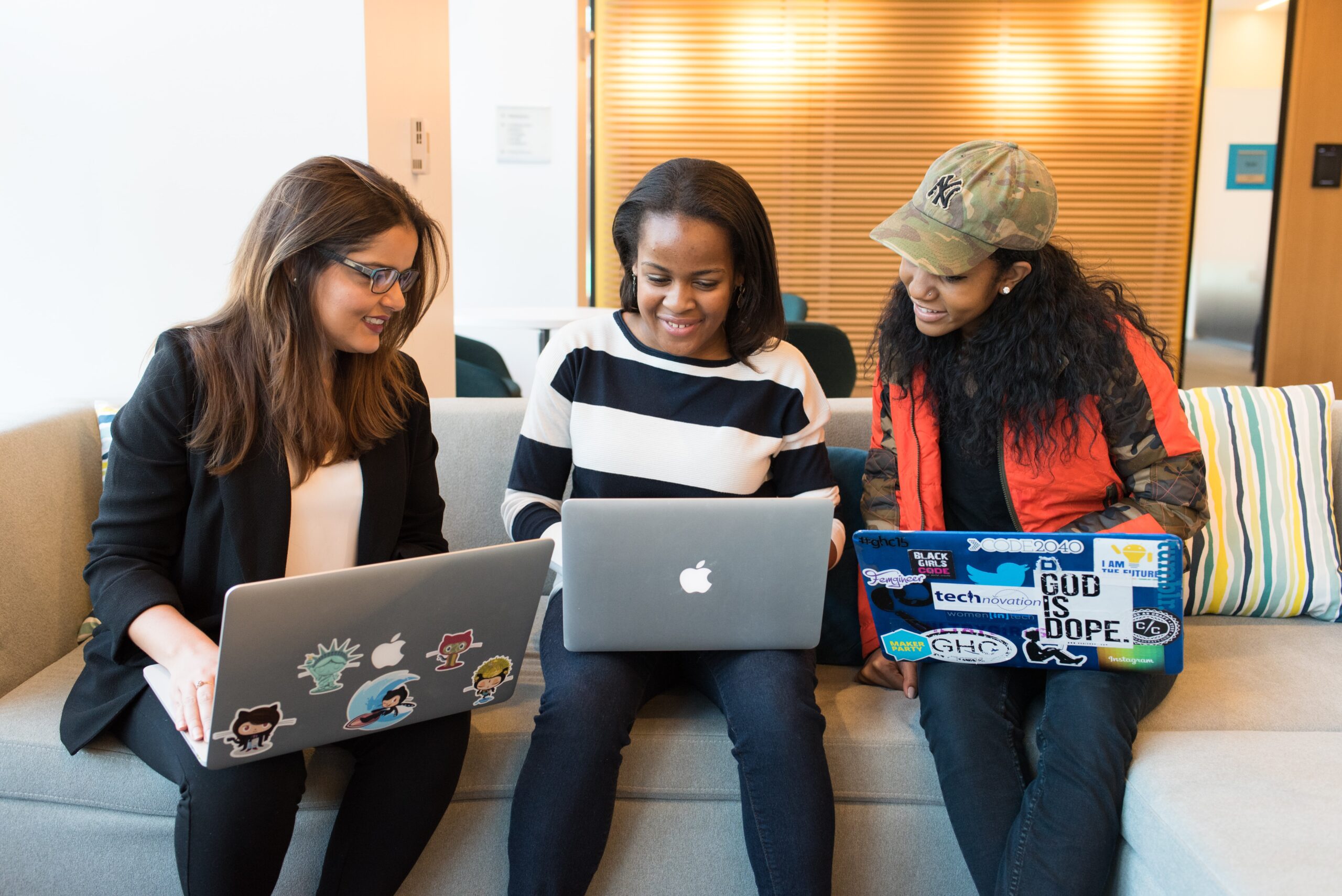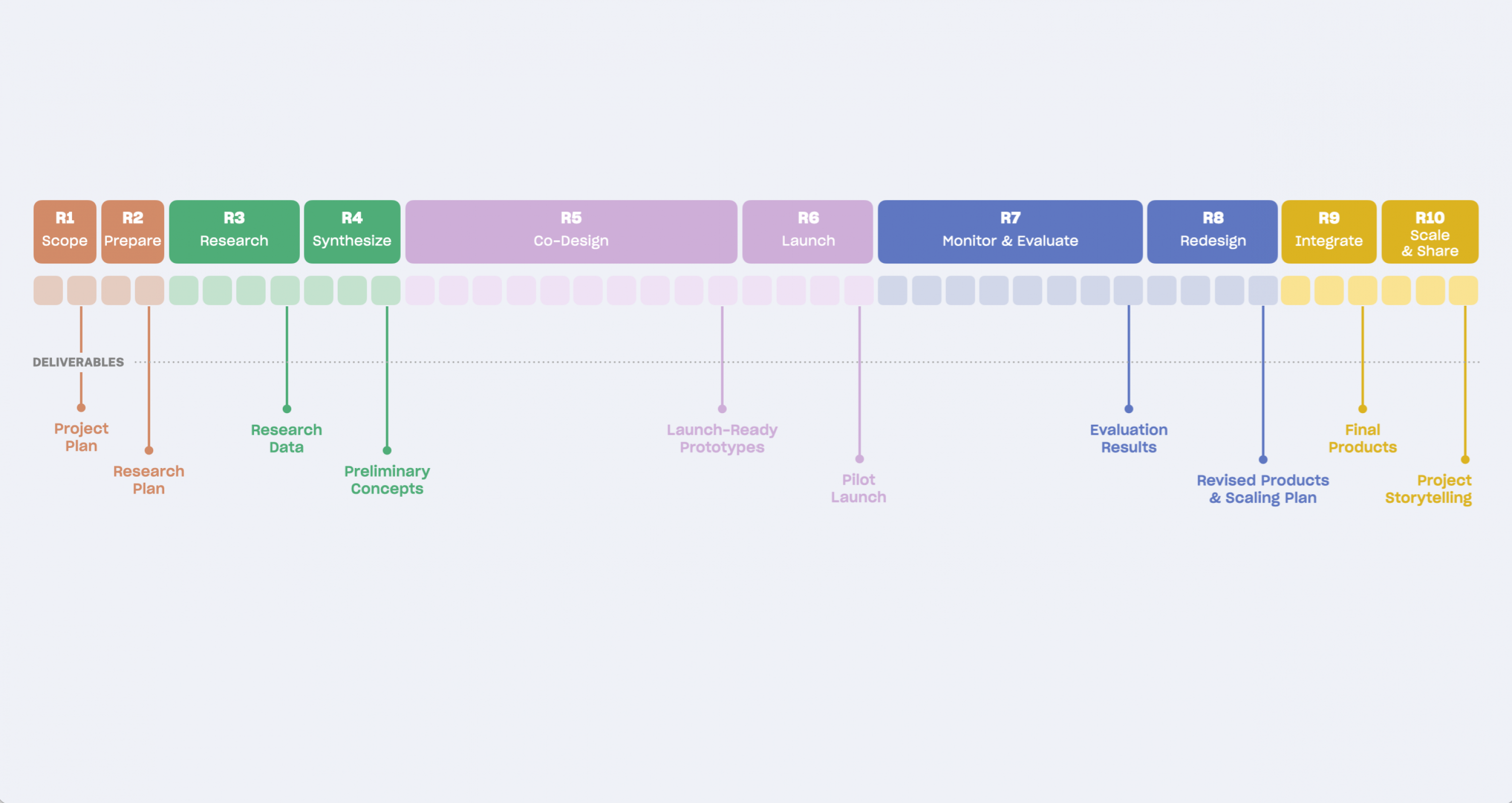

Innovation in science, technology, engineering, mathematics, and medicine (STEMM) plays a critical role in addressing societal challenges, such as healthcare disparities, environmental risks, and economic inequalities — yet members of the communities most affected by these societal challenges tend to participate less in federal seed-funding programs than is relative to their share of the U.S. population.
The underrepresentation of certain groups (including people from indigenous communities, people of color, women, and people with disabilities, among others) in STEMM funding programs can be attributed to a variety of factors, including generational wealth gaps, obstacles to higher education, and segregated social networks. Structural biases within funding programs’ outreach, application, and review processes may also present a significant barrier to access.
While this is not an exhaustive list of all the roadblocks facing diverse teams attempting to bring their innovations to market, these observations provide the impetus for the proposed work.

Project Timeline
Over the course of 20 months, this project will involve researching, co-designing, and piloting concepts for increasing entrepreneurs’ participation in federal seed-funding programs.
Over 20 months, the Compass Pilot will identify and develop a set of rigorously researched, co-designed, and piloted concepts that are ready to be operationalized at scale.
To begin, the project team will engage in qualitative research with innovators and other stakeholders. We’ll define existing challenges, brainstorm preliminary ideas, and prioritize potential tools. The team will then co-design prototypes with a cohort of 15 innovators from underrepresented groups. Potential prototypes could include a social platform that leverages network of successful entrepreneurs, interactive or static digital learning tools, structured coaching sessions, experiential learning activities, new outreach materials or strategies, or other products or services.
After we develop initial prototypes, we will work with the co-design cohort to test and further iterate on the prototypes. This may involve using the prototypes to support their preparation of a strategic research and development innovation plan and/or testing the efficacy of new outreach materials or strategies.
Next, these tools will be pilot-tested by a cohort of 25 additional innovators and evaluated, using lean impact methods, to assess efficacy and value. Pilot learnings will be incorporated into a revised set of tools.
After updating the tools, we will facilitate feedback sessions with relevant audiences (e.g., cohort teams, review panelists, successful federal grantees, subject-matter experts) to review suggested changes and generate additional feedback, before developing the pilot prototypes into deployable products. We will develop and share a scaling plan that outlines a strategy for implementing the final products at scale. We will share the project aim and product materials with potential seed-funding implementation partners and make changes to respond to their feedback.
We will also share a set of opportunity areas for addressing barriers related to broader application procedures and systems. These opportunity areas might include strategies for engaging experts in supporting underrepresented applicants, improving the user experience of the application process, and improving the inclusivity of seed-funding review processes.
Lastly, PPL will publicly disseminate findings, insights, and outcomes from the project to relevant audiences. We will also share our work outputs with audiences that are interested in launching similar initiatives and programs, in order to broaden the impact of the project. Release of this work is expected in 2025.
Get Involved
If you’re an innovator interested in participating in this project, submit an interest form here. We are currently recruiting a diverse group of 40 innovators to help us design and test tools that support innovators in applying for and receiving federal seed funding.
If you’re interested in receiving periodic updates about this project’s progress, sign up for our newsletter here. In the coming months, we will be providing additional opportunities to get involved.
To learn more about the Compass Pilot, please see the National Science Foundation’s project announcement.
For additional inquiries, please contact our project team at compass@publicpolicylab.org.
This work is supported by the National Science Foundation, Award Number 2331195.
PPL is a tax-exempt 501(c)(3)
nonprofit organization.
info@publicpolicylab.org
+1 646 535 6535
20 Jay Street, Suite 203
Brooklyn, NY 11201
We'd love to hear more. Send us a note and we'll be in touch.
We’re always open to talking to folks with the skills, experience, and passion to join our team. Share your interest with us through our general application.
To hear about future job announcements, follow us on Instagram, Twitter, and LinkedIn or subscribe to our newsletter.
Enter your email below to subscribe to our occasional newsletter.
Wondering what you’ve missed?
Check out our
The Public Policy Lab is a tax-exempt
501(c)(3) nonprofit organization.
Donate now to support our work; your
gift is tax-deductible as allowed by law.